Welcome to York, PA: An Overview of the Historic City
Settled in the heart of Pennsylvania, the historic city of York has flourished from its founding days into a vibrant and cultured urban center. Known as the White Rose City , York is nestled halfway between the capital Harrisburg and the Pennsylvania-Maryland state line. This prime location offers an engaging mix of urban amenities and suburban sophistication. York is home to a diverse community, manifested through its wide array of cultural, recreational, and gastronomical experiences. Kinetic Movers, a full-service moving company based in York,PA , we've helped countless individuals and families move to this city, each drawn here by different aspects York has to offer. For some, it's the city's compelling history and charm, and for others, it's the promise of exciting opportunities and a quality life.
The Concept of Cost of Living
Before we delve into the specific costs associated with living in York, PA, it's crucial we develop an understanding of what "cost of living" entails. Cost saving strategies for residential moves is the term refers to the amount of money required to sustain a certain standard of living in a specific location. It usually includes factors such as housing, groceries, utilities, healthcare, transportation, and taxes, among other things. The cost of living often plays a pivotal role when choosing a place to relocate. A lower cost of living allows for a more comfortable lifestyle, sometimes even enabling savings and investments. On the other hand, a higher cost of living might mean tighter budgets and less surplus cash. Therefore, understanding the cost of living can help project future expenses, facilitate financial planning, and ultimately help determine if a move is economically feasible.
Embarking on the Journey
Now that we've understood what cost of living is, let's take a deeper dive into what this concept looks like specifically for York, PA. In recent years, York has emerged as a popular relocation destination due to its rich history, great school district, and low unemployment rate, all packaged with a cost of living that's easier on the pocket compared to other Pennsylvania cities. According to data from the U.S. Bureau of Economic Analysis, York's overall cost of living is lower than the national average, making it an affordable place to live. However, the affordability of a place isn't just about the big picture, it's also crucial to break down the various components that contribute to the cost of living, which include aspects like housing, groceries, healthcare, utilities, and transportation.
Finding a Home in York, PA.
In any place, housing is typically one of the most significant costs that people consider. In York, PA, housing costs tend to be considerably lower than the national median. As of 2021, the median home value in York, according to Zillow, is lower than the Pennsylvania average, which makes owning a home an attainable goal for many residents. On the other hand, those who prefer to rent will also find lower than average rental rates. The average rent for a 1-bedroom apartment hovers within reasonable limits, further driving down the cost of living and making York a highly affordable place to settle your
residential move
.
Understanding Food Costs in York, PA
Food is another significant factor when considering the cost of living. Here, we'll be looking at both the cost of groceries, and the cost of dining out. Both can give you a comprehensive idea of what your food expenditure might look like in York, PA.
When it comes to grocery prices, York is generally on par with the national average. A family can expect to spend a reasonable amount each month on basic grocery items like dairy products, fruits and vegetables, and meat. Shopping from local farmers’ markets, like the Central Market House or Penn Market , can be an excellent way to support local businesses while also cutting costs. Now let's talk about dining out. York, PA boasts an array of restaurants to fit almost any budget, whether you're after a quick bite or a fancy dinner. On average, a meal at an inexpensive restaurant in York can cost about as expected, while a three course meal for two in a mid range restaurant would stay within a reasonable bracket.
Examining Utility Costs in York, PA
After housing and food, another expense that's integral to our daily lives is utilities. This usually includes things like electricity, water, gas, and the internet. The Internet, necessary for work and leisure alike, adds its own share to the monthly bill. On average, a basic internet connection in York fetches a nominal price. Electricity, heat, cooling, and water in a typical York apartment would amount to a reasonable sum, which is on par with national averages. Gas costs, depending upon usage, could add to your monthly bill. Remember, these averages can vary depending on individual consumption habits and the energy efficiency of your home. Energy-efficient appliances, conservative use of air conditioning and heating systems, and monitoring water usage are all ways to keep these costs under check.
Healthcare Costs in York, PA
Healthcare is another key cost to consider when thinking about moving to a new location, and York, PA is no exception. Health expenses range from health insurance premiums to out-of-pocket costs for medical services, medications, and doctor visits.
Healthcare costs can vary widely depending on many factors, including whether you have health insurance, the type of insurance you have, and individual health needs. On average, health insurance premiums in Pennsylvania can lie within a certain range monthly for an individual plan, while family plans can obviously cost more. Out-of-pocket medical costs are also necessary to consider. While these costs can fluctuate based on personal health needs, the prices for some common services in Pennsylvania and York seem to be within average ranges.
Additional Factors Influencing the Cost of Living in York, PA
While we've covered several essential components that factor into the cost of living, a few more are worth your consideration. These can range from local and state taxes to education and childcare costs, all the way to the expenses incurred on recreational activities and entertainment. Local and state taxes are a reality of life, regardless of where you stay. York, PA residents are subject to Pennsylvania's statewide sales tax rate, with an additional tax levied by York county. Income tax too follows the state pattern. If you are planning on starting a family or have children, one cost that will significantly impact your cost of living is childcare and education. The offerings range from public schools with no tuition, to private schools that come with their own costs. Lastly, the cost of entertainment and recreation is another aspect to consider. While this tends to vary depending on personal preferences, some common forms of entertainment like cinema tickets or a monthly gym membership fall within affordable limits in York.
Decision Time
As we wrap up this detailed analysis, it's essential to revisit the reason why understanding the cost of living is so crucial it informs your decision-making process. A city’s cost of living is among the many factors to consider when deciding where to move, and it plays a significant role in determining the quality of life you can afford. At Kinetic Movers , we’re not just helping people move homes, we're helping them move lives. We hope this in-depth exploration of York, PA's living costs has been informative.



